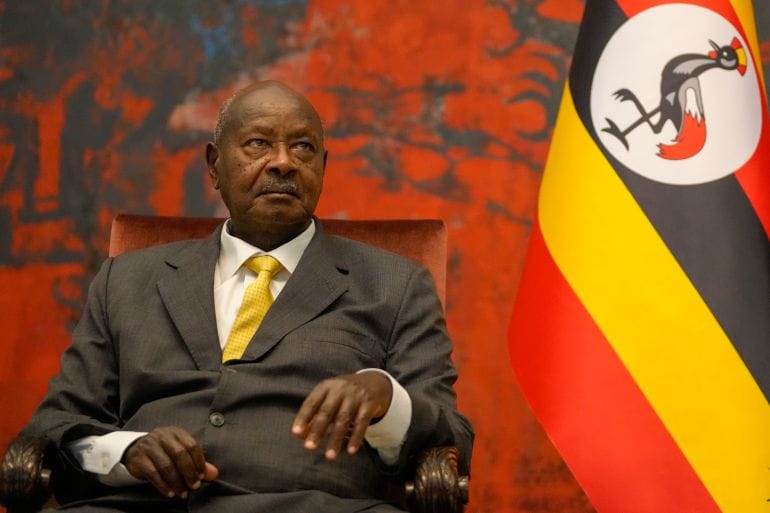Uganda’s electoral commission has officially announced that the country’s next general elections will take place on January 15, 2026, marking another decisive moment in the East African nation’s political history.
President Yoweri Museveni, 81, who has ruled Uganda since 1986, will seek re-election once again. The long-time leader is credited with stabilising the nation, driving economic growth, and advancing public health initiatives such as HIV/AIDS prevention. However, his government continues to face strong criticism from rights groups and political opponents for restricting dissent, limiting press freedoms, and enabling corruption.
His main rival is expected to be Bobi Wine, the popular musician-turned-politician officially known as Robert Kyagulanyi, who remains a key figure among Uganda’s younger generation. Wine challenged Museveni in the 2021 election, alleging voter intimidation, bribery, and ballot manipulation — accusations the ruling National Resistance Movement (NRM) firmly denied.
Six other candidates from smaller parties have also joined the race. Ugandans will vote for both the presidency and parliamentary seats, with the campaign season expected to intensify in the coming months.
The upcoming election is being closely watched by regional observers, as Uganda — a key East African player — prepares for a contest that could shape its political trajectory for years to come.



